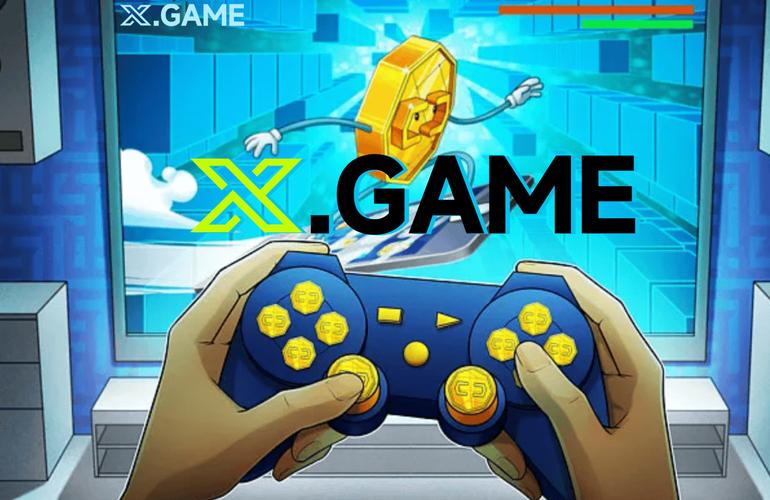
Games with Money Trading In: A Comprehensive Guide
Are you intrigued by the world of games that involve money trading? If so, you’ve come to the right place. This article will delve into the various aspects of games where money trading is a central feature, providing you with a detailed and multi-dimensional introduction.
Understanding the Concept
Money trading in games refers to the exchange of in-game currency or real money for various in-game assets, services, or experiences. This concept is prevalent in a wide range of games, from casual mobile games to complex multiplayer online games.

One of the most popular examples of money trading is seen in mobile games like Candy Crush Saga or Clash of Clans. Players can purchase in-game currency using real money to speed up their progress or enhance their gameplay experience.
Real Money Trading
Real money trading (RMT) is a significant aspect of money trading in games. It involves players exchanging real money for in-game currency or assets. This practice is often frowned upon by game developers and can lead to penalties or bans for players engaging in it.
However, RMT has its own set of advantages. For instance, players who cannot afford to spend real money on the game can still progress by purchasing in-game currency. This creates an imbalance in the game’s economy and can lead to frustration among players who prefer to play without spending real money.
In-Game Currency and Assets
In-game currency and assets are the backbone of money trading in games. These can include virtual coins, gems, skins, or even exclusive in-game items. The value of these assets can vary greatly depending on the game and the demand for them.
Many games have an in-game marketplace where players can buy, sell, or trade these assets. This marketplace is often regulated by the game’s developers to prevent fraud and ensure a fair trading environment.
Marketplace Mechanics
The mechanics of a marketplace in a game with money trading can vary widely. Some games have a centralized marketplace where all transactions are handled by the game’s developers, while others allow players to trade directly with each other.
In a centralized marketplace, players can browse through listings, make offers, and complete transactions with ease. This type of marketplace is often more secure and reliable, as the game’s developers can monitor and regulate the trading activity.
In a peer-to-peer marketplace, players have more freedom to trade with each other. However, this also means that there is a higher risk of fraud or scams. It’s important for players to exercise caution and only trade with trusted individuals.
Legal and Ethical Considerations
Money trading in games raises several legal and ethical considerations. For instance, some countries have laws against RMT, and engaging in it can lead to legal consequences. Additionally, RMT can be seen as a form of cheating, as it gives players an unfair advantage over those who choose not to spend real money.
It’s also important to consider the impact of money trading on the game’s economy. An over-reliance on RMT can lead to an unstable economy, where the value of in-game currency fluctuates wildly.
Conclusion
Money trading in games is a complex and multifaceted concept. While it offers certain advantages, it also comes with its own set of risks and ethical considerations. As a player, it’s important to understand the implications of engaging in money trading and to make informed decisions about how you choose to participate in this aspect of the gaming world.
| Game | In-Game Currency | Real Money Trading |
|---|---|---|
| Candy Crush Saga | Coins | Yes |
| Clash of Clans | Clan Credits | Yes |
| Fortnite | V-Bucks | Yes |
| World of Warcraft | Gold | No |




